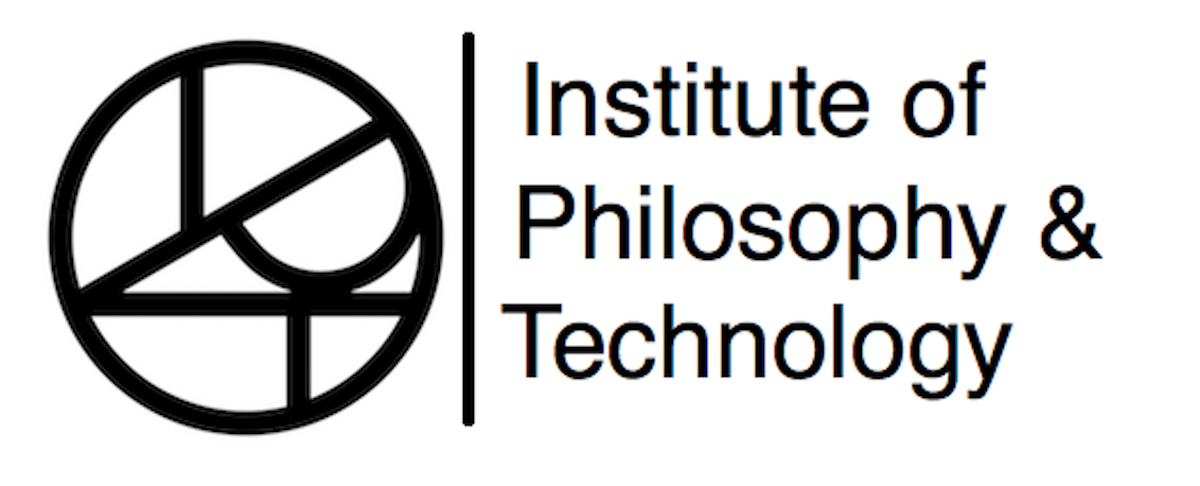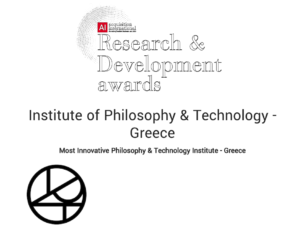IPT Talk Series 2024-25
Gabriel Martino
(CONICET, UBA, USAL, IPT)
26 March 2025, 18:00 to 19:00 (Athens Time, GMT+2) – Online (MS Teams)
Beyond (Artificial) Intelligence:
Neoplatonic and Sāṃkhya approaches to Contemporary Challenges
In his latest New York Times bestseller, What We Owe the Future, William MacAskill develops a longtermist argument. He emphasizes the importance of the trajectory civilization takes in the next few generations, believing it can not only improve the quality of future people’s lives over the lifespan of civilization — which he envisions lasting billions of years — but also help ensure the survival of civilization itself. One of his key concerns is the possibility that new technologies, such as advanced artificial intelligence, could enable those in power to lock in their moral values indefinitely. He also considers the possibility where General Artificial Intelligence might take control of civilization. In both scenarios, where values could be locked in perpetually, MacAskill’s primary worry is the permanent entrenchment of flawed human values. This raises the question: how can artificial intelligence be assessed in relation to the moral values it might engage with?
With this question in mind, we intend to approach two philosophical systems from different cultural traditions: the Neoplatonic philosophy of Plotinus and the Indian sāṃkhya system. While both conceive of intelligence (nous, buddhi) as an inherent part of reality, there is a fundamental difference between their conceptions. Plotinus defends the existence of a universal and unique Intellect, whereas sāṃkhya proposes a plurality of intelligences with a common origin but differing qualities. Both systems, however, posit the existence of something beyond intelligence that serves as an axiological principle with which intelligence is, or can be, structured. In our discussion, we will explore these ancient conceptions of intelligence, focusing on the categories of finality and quality in order to better understand the differences and similarities between these theories. We will conclude by offering some general reflections on how these ancient philosophies might contribute to addressing contemporary challenges related to artificial intelligence and its moral compass.
Gabriel Martino holds a Ph.D. in Philosophy from the University of Buenos Aires, Argentina. In 2021, he was awarded a Fulbright Visiting Scholar grant to conduct postdoctoral research at Rutgers University, USA. Since 2024, he has been a Visiting Research Associate at the Institute of Philosophy and Technology in Athens, Greece. He is currently working as an associate researcher at CONICET and teaches Sanskrit, Greek, and Ancient Philosophy at the university level. Martino has published several books, articles, and book reviews on Indian, Greek and comparative philosophy and religion.
Academia.edu page: https://conicet-ar.academia.edu/GabrielMartino
Please register here

